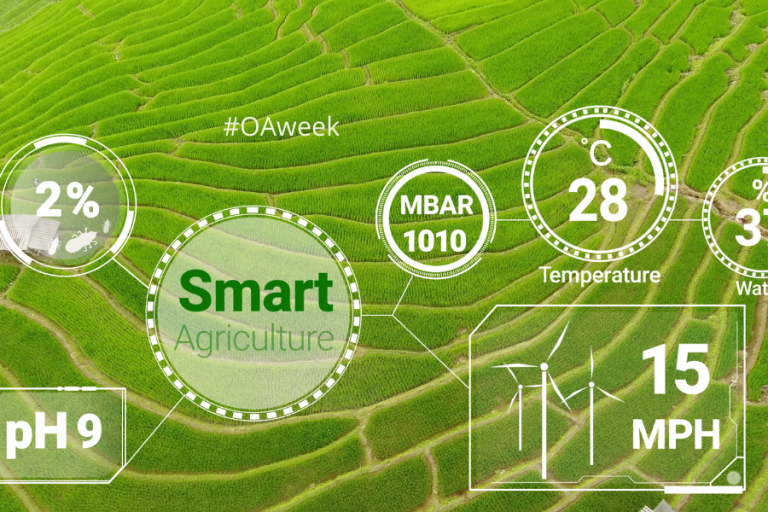180 researchers, students and other interested attended a mini-seminar on the use of social media data in research organised by the library. Please find the seminar slides here.
It is common to use social media data in research, but research ethics and legal issues are a problem for many. How should participants in online discussions be informed? Is it allowed to download messages from the social media service to your computer? Can I take direct quotes from social media texts written by users?
The themes covered by the preliminary questions from participants were presented by Katja Fält, a Senior Specialist at Tampere university library, in her opening remarks. Answering the 40 preliminary questions we received would have required a seminar of its own, so we asked the speakers to take the themes into account in their own presentations and to address them in so far as they felt necessary.
Social media data are problematic not only from the point of view of research, but also from the point of view of archiving. Anything that is publicly available and visible may not be available for other purposes, disconnected from its original context. Arja Kuula-Luumi, chief Specialist at FSD, addressed these issues in her own presentation.
For example, comments posted by users on a social media platform may not be used as quotations in a publication as such, unless you have requested users’ permissions. The quote may also reveal user’s personal identity, so data protection regulation must also be considered.
In some cases, copyrights may restrict the use of social media data for other purposes. Photos and videos are always protected by copyright, but sometimes even a short written expression can be protected.
The terms of use of the social media services, which may be difficult for the layman to interpret, are sometimes limiting the research use of the datasets. Users do not always know what they have agreed to and, on the other hand, research use may not have been specifically mentioned in the Terms of Use.
Jukka Huhtamäki, a university researcher at the Faculty of Management and Economics at the University of Tampere, brought a more practical approach to the processing of social media data in his presentation. In researching Twitter data, he has utilized computational methods and media ethnography. Computational methods can be used to perform statistical analysis of the data, but the methods can also be used for processing and visualizing data.
Twitter has made researchers access to data possible through APIs, but for other social media services , such Facebook, the situation is not that simple. However, we should ask whether social media services are too important for society to let social media service providers set restrictions for research purposes based on their own interests. Some social media services claim that they can not allow researchers use the social media content as research data, since it would violate privacy protection regulation. However, we can ask whether the protection of users’ privacy is just an excuse to restrict research use of the data?
The active presence of researchers on social media is not without ethical challenges, which was highlighted by Samuli Björninen, University Lecturer in Literary Studies. The researchers of the project Dangers of Narrative experienced the pitfalls that can be associated with the presence of social media.
University Lecturer Paavo Arvola spoke about the networking of politicians and political journalists on Twitter. Arvola and his research group have used Twitter data, open data of Finnish parliament and data from Digital and Population Data Services Agency. A processing and analysis of data was carried out using quantitative and qualitative methods. The challenge of the computational method is the interpretation of tweets. That’s why tweets were collected through API, but the classification of tweets was done by hand.
Despite the challenges associated with the use of social media data, as we have seen in the presentations, it is possible to study social media phenomena. Still, remember to consider at least the following:
- Read the terms and conditions of the social media service and determine whether the data collected from the service can be used for research.
- Find out how data can be collected from the service. Is there an interface available, are you taking screenshots…?
- Images and videos have copyright – in some cases texts as well.
- Consider the context in which the original texts are presented. Users may not be able to anticipate that their social media updates may end up as research data.
- Direct quotations may also be personal identifiers, in which case the data protection regulation applies
- Think about how you inform your research subjects about your research. Are you in contact with the service administrator? Do you publish a research notice in Internet forum? Make a privacy notice at least on your project’s website, if any. You can also publish the Privacy Notice on the University’s website. If you do so Please contact Data Protection Officer.
- Consider the need for an opinion of the Ethics Committee especially if you cannot ask for ethical consent to participate and the data is not entirely public.
Further reading:
- Do you use social media data in your research? Marko Ahteensuu’s article in Responsible Research website.
- Expert ethical online research. Salla-Maaria Laaksonen’s article in Responsible Research website.
- Axel Bruns (2019) After the ‘APIcalypse’: social media platforms and their fight against critical scholarly research, Information, Communication & Society, 22:11, 1544-1566, https://doi.org/10.1080/1369118X.2019.1637447
- Freelon, D. (2018). Computational Research in the Post-API Age. Political Communication, 35(4), 665–668. https://doi.org/10.1080/10584609.2018.1477506
- Hiippala, T., Hausmann, A., Tenkanen, H., & Toivonen, T. (2019). Exploring the linguistic landscape of geotagged social media content in urban environments. Digital scholarship in the humanities , 34(2), 290-309. https://doi.org/10.1093/llc/fqy049
- Jaakonmäki, R., Müller, O., vom Brocke, J. (2017) The Impact of Content, Context, and Creator on User Engagement in Social Media Marketing http://hdl.handle.net/10125/41289



